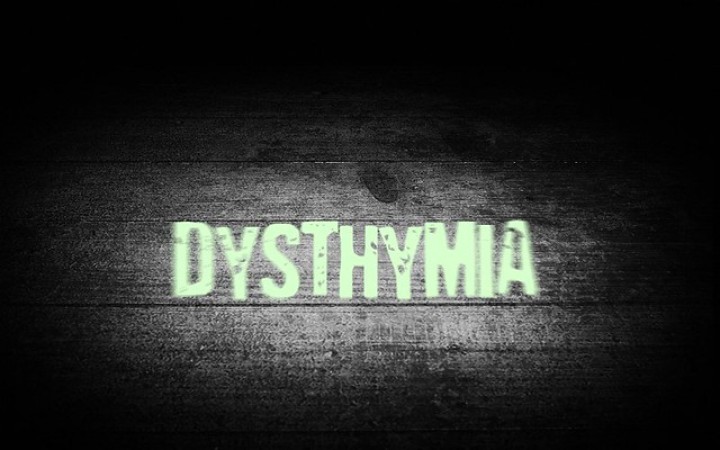
Dysthymia, also known as persistent depressive disorder, is a form of chronic depression that often goes unnoticed or undiagnosed. Unlike major depressive disorder, dysthymia is characterized by its milder but persistent symptoms that can last for years. It's essential to recognize the warning signs of dysthymia to seek timely help or support for yourself or a loved one. In this article, we'll explore the subtle yet significant indicators of dysthymia.
Before delving into the warning signs, let's briefly understand what dysthymia entails. Dysthymia is a long-term mood disorder that typically lasts for at least two years in adults and one year in children and adolescents. It involves a constant feeling of sadness, hopelessness, and low energy levels. While the symptoms may not be as severe as those of major depression, they can significantly impact one's daily life and overall well-being.
One of the hallmark signs of dysthymia is a persistently low mood. Individuals with this condition often experience sadness, emptiness, or a sense of hopelessness most days for an extended period.
A noticeable loss of interest or pleasure in previously enjoyable activities, such as hobbies, socializing, or even work, can indicate dysthymia. This diminished enthusiasm can make it challenging to engage in once-loved pursuits.
Constant fatigue and low energy levels are common in individuals with dysthymia. Even simple tasks may feel exhausting, leading to a decreased desire to engage in daily activities.
Dysthymia can manifest as significant changes in appetite and weight. Some people may experience increased cravings and weight gain, while others may lose their appetite and shed pounds unintentionally.
Sleep problems, such as insomnia or oversleeping, are often associated with dysthymia. These disruptions in sleep patterns can exacerbate feelings of fatigue and irritability.
Dysthymia can affect cognitive functions, leading to difficulty concentrating, making decisions, or remembering things. This can impact work and daily responsibilities.
Persistent feelings of hopelessness and a bleak outlook on the future are common emotional symptoms of dysthymia. Individuals may struggle to see any improvement in their circumstances.
Dysthymia can lead to social withdrawal and isolation. Sufferers may distance themselves from friends and family, finding it hard to connect with others.
While depression is often associated with sadness, dysthymia can also manifest as irritability and moodiness. People with dysthymia may become easily frustrated or agitated.
In addition to emotional and cognitive symptoms, dysthymia can cause various physical complaints. These may include headaches, stomachaches, and other unexplained aches and pains.
Recognizing these warning signs is the first step in addressing dysthymia. If you or someone you know is experiencing several of these symptoms persistently for an extended period, it's crucial to seek professional help. A mental health expert can provide a proper diagnosis and recommend appropriate treatment options.
Treatment for dysthymia typically involves a combination of therapy, medication, and lifestyle changes. Cognitive-behavioral therapy (CBT) and medication like antidepressants can be effective in managing the symptoms of dysthymia. Additionally, adopting a healthy lifestyle that includes regular exercise, a balanced diet, and adequate sleep can contribute to overall well-being.
Dysthymia is a challenging condition that can significantly impact one's quality of life if left untreated. Recognizing the warning signs, such as persistent sadness, loss of interest, and fatigue, is crucial for seeking help and support. Remember that you don't have to face dysthymia alone; there are effective treatments available to help you regain control of your life and well-being.